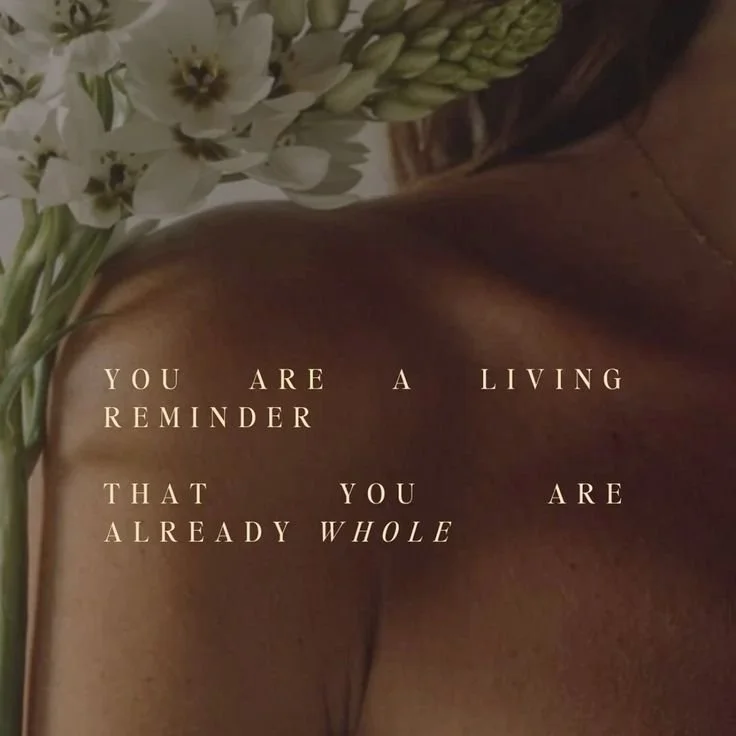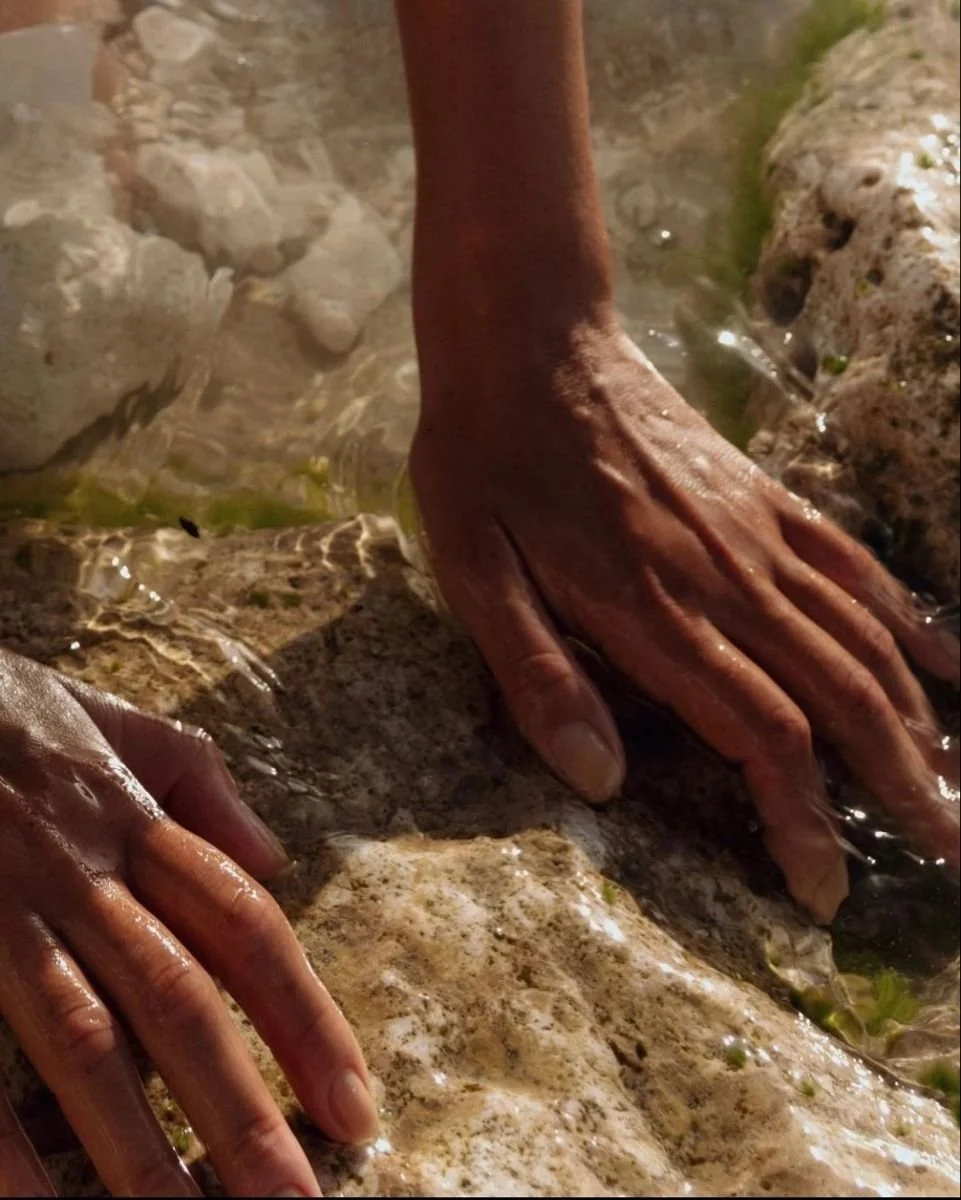Trauma Informed Herbalism
Herbalist Sajah Popham writes, “The plants do not see us as broken or damaged. They see our wholeness and simply remind us of it.” This is the heart of trauma-informed herbalism — working with plants not to “fix” someone, but to gently support their own inherent capacity to heal.
Trauma-Informed Herbalism:
Plants as Stewards of Safety and Connection
Herbalism, even without the lens of trauma, is already deeply connective. When we engage with plants, whether sipping tea, tending a garden, or blending an herbal oil… we slow down enough to notice texture, scent, warmth, and taste. These simple sensory experiences anchor us into the present moment. They help us regulate our breath, quiet our mind, and feel more at home in our bodies.
Trauma can create disconnection from self, others, and the environment. It can make the body feel unsafe or unfamiliar. Trauma-informed herbalism offers a way to gently bridge that gap. The plants do not push. They meet us where we are. They invite rather than demand. This is why herbal practices can be integrated into trauma healing spaces in ways that are subtle yet profoundly supportive.
Integrating Herbalism into Trauma Healing Spaces
As practitioners, incorporating trauma-informed care begins with creating spaces that feel safe, predictable, and respectful. This can mean offering clear explanations before beginning a session, inviting consent and choice at every step, and allowing clients to set their own pace. Paying attention to sensory input such as lighting, scents, and sounds can help create a calming environment. We can also offer grounding practices, gentle herbal teas, or hands-on activities to foster connection and agency. Above all, trauma-informed care asks us to listen deeply, honor boundaries, and remember that healing is collaborative, not directive.
Sensory Grounding: Inviting participants to hold, smell, or sip a mild herbal tea such as chamomile or lemon balm at the start of a session can help ease the transition into a safe space.
Hands-On Engagement: Making simple preparations together, like blending a tea or infusing an oil, can restore a sense of agency and creativity.
Nature Connection: Growing herbs in a community garden, or simply stepping outside to meet the plants, supports nervous system regulation and reconnection with the living world.
Personal Ritual: Encouraging small daily herbal rituals, like a morning cup of tulsi tea, can help anchor a sense of safety and predictability.
Herbs That May Support Trauma Recovery
Chamomile (Matricaria recutita) – Gentle nervine that eases tension and supports rest
Lemon Balm (Melissa officinalis) – Lifts mood, calms nervousness, and supports digestive ease
Oatstraw (Avena sativa) – Rebuilds and nourishes a depleted nervous system
Tulsi (Holy Basil) (Ocimum tenuiflorum) – Adaptogen that helps the body and mind adapt to stress
Milky Oats (Avena sativa, fresh milky seed) – Deeply restorative for frazzled nerves and emotional burnout
Lavender (Lavandula angustifolia) – Calms overactivity in the nervous system and offers gentle emotional uplift
Compassionate Care
In a 2014 randomized controlled trial published in Complementary Therapies in Medicine, lemon balm extract significantly improved anxiety and reduced symptoms of insomnia in participants after just two weeks of daily use. While this study did not focus specifically on trauma survivors, these outcomes are highly relevant in trauma-informed care, where anxiety and disrupted sleep are common challenges. This kind of evidence supports what herbalists have witnessed for generations- that gentle, consistent herbal support can be a valuable ally for emotional and nervous system balance.
Trauma-informed herbalism is less about complex protocols and more about meeting people where they are, offering consistent, compassionate care, and letting the plants do what they do best: nourish, ground, and reconnect. Whether in a counseling office, a yoga studio, a community group, or a personal healing journey, herbal practices can be a steady thread of support that helps weave safety, trust, and connection back into everyday life.



